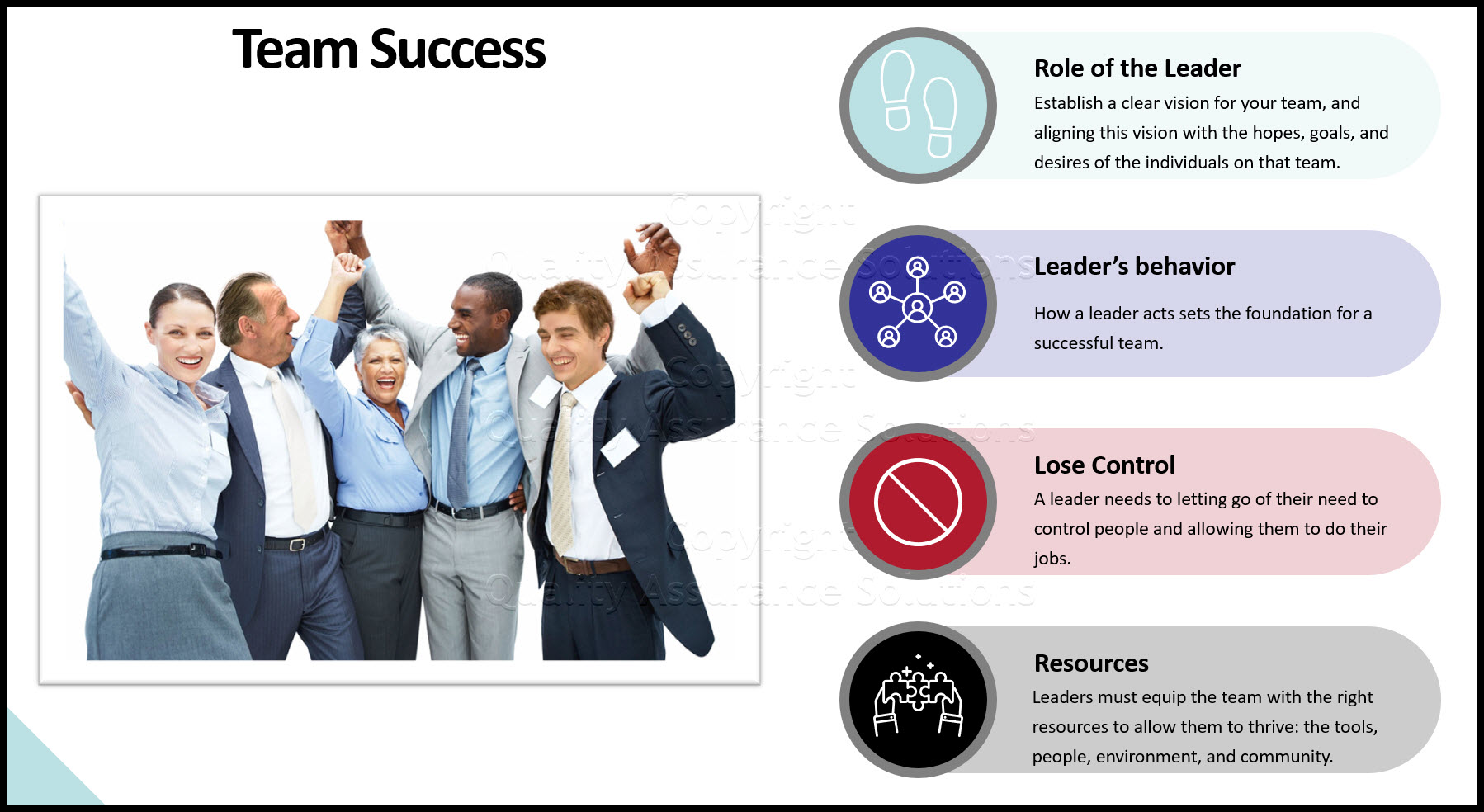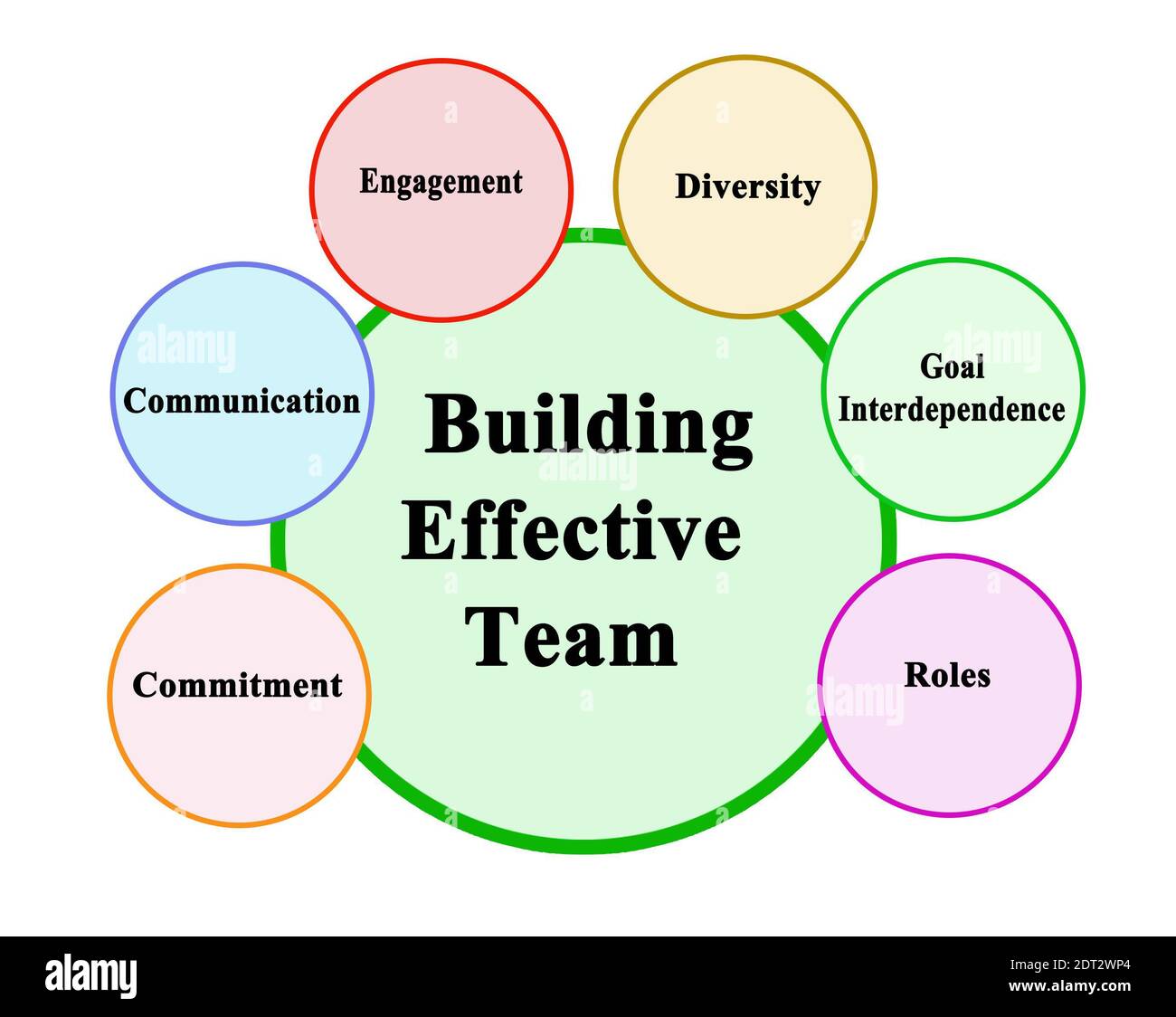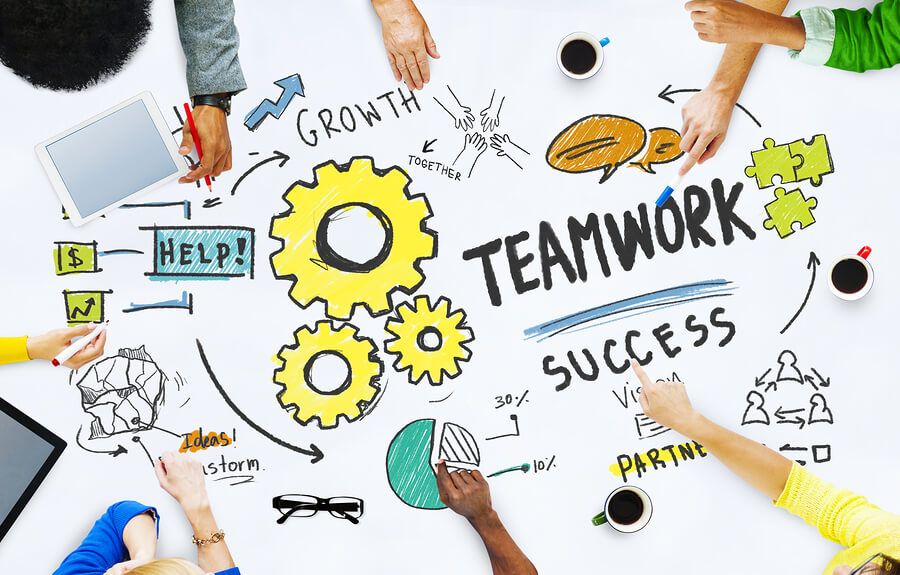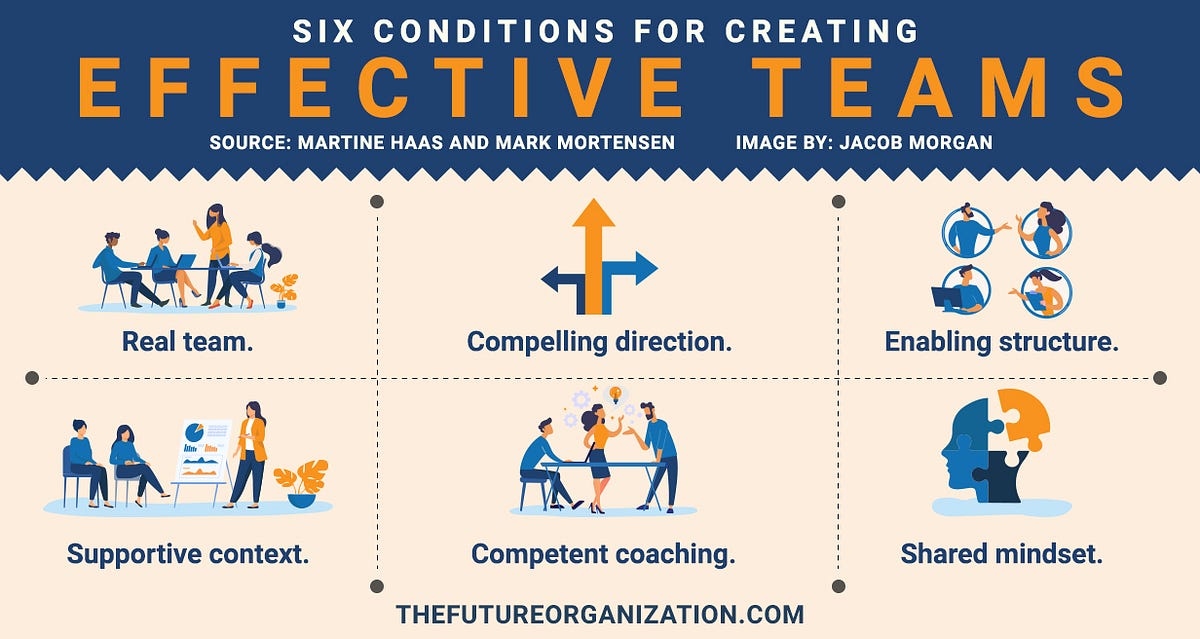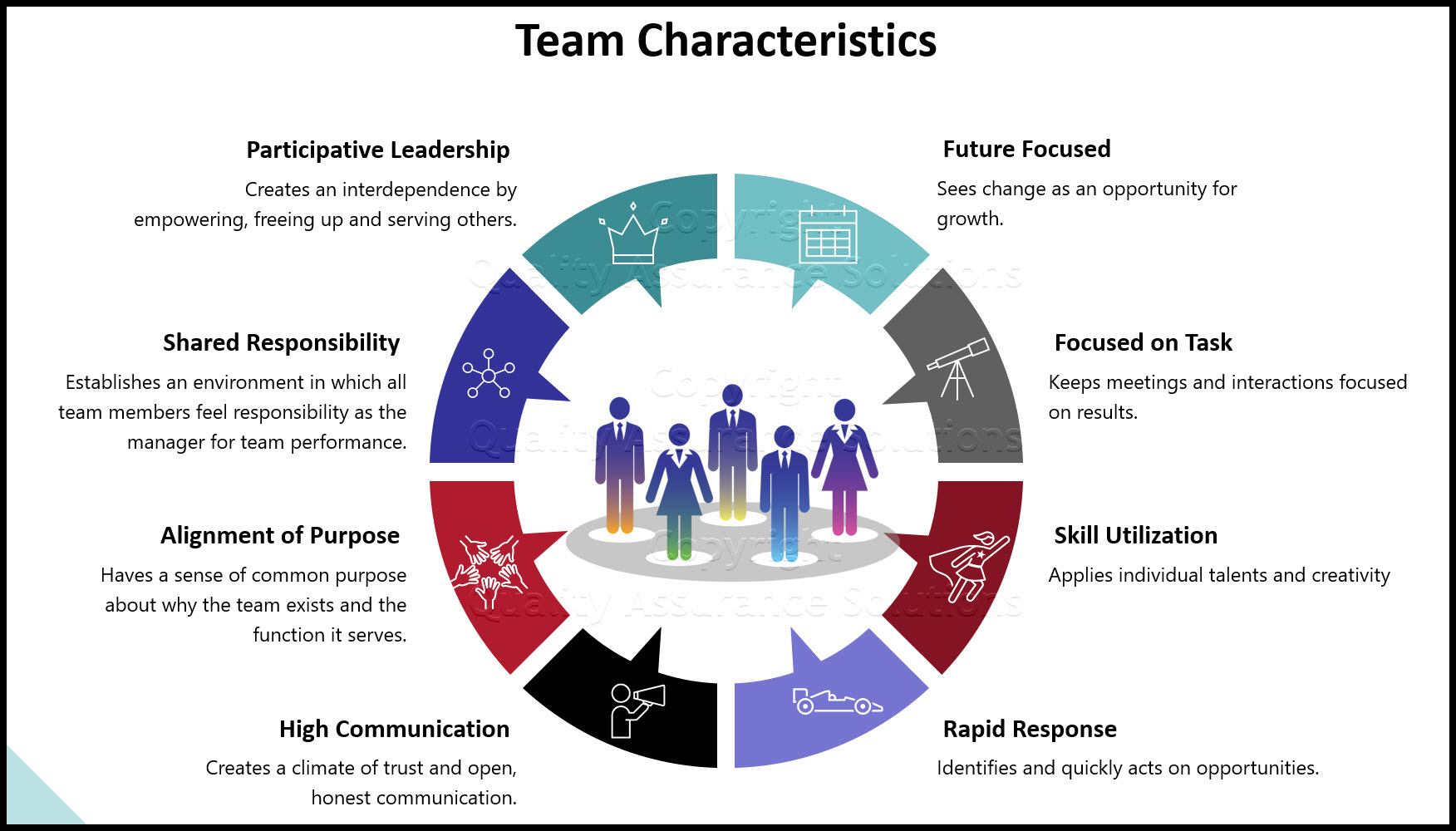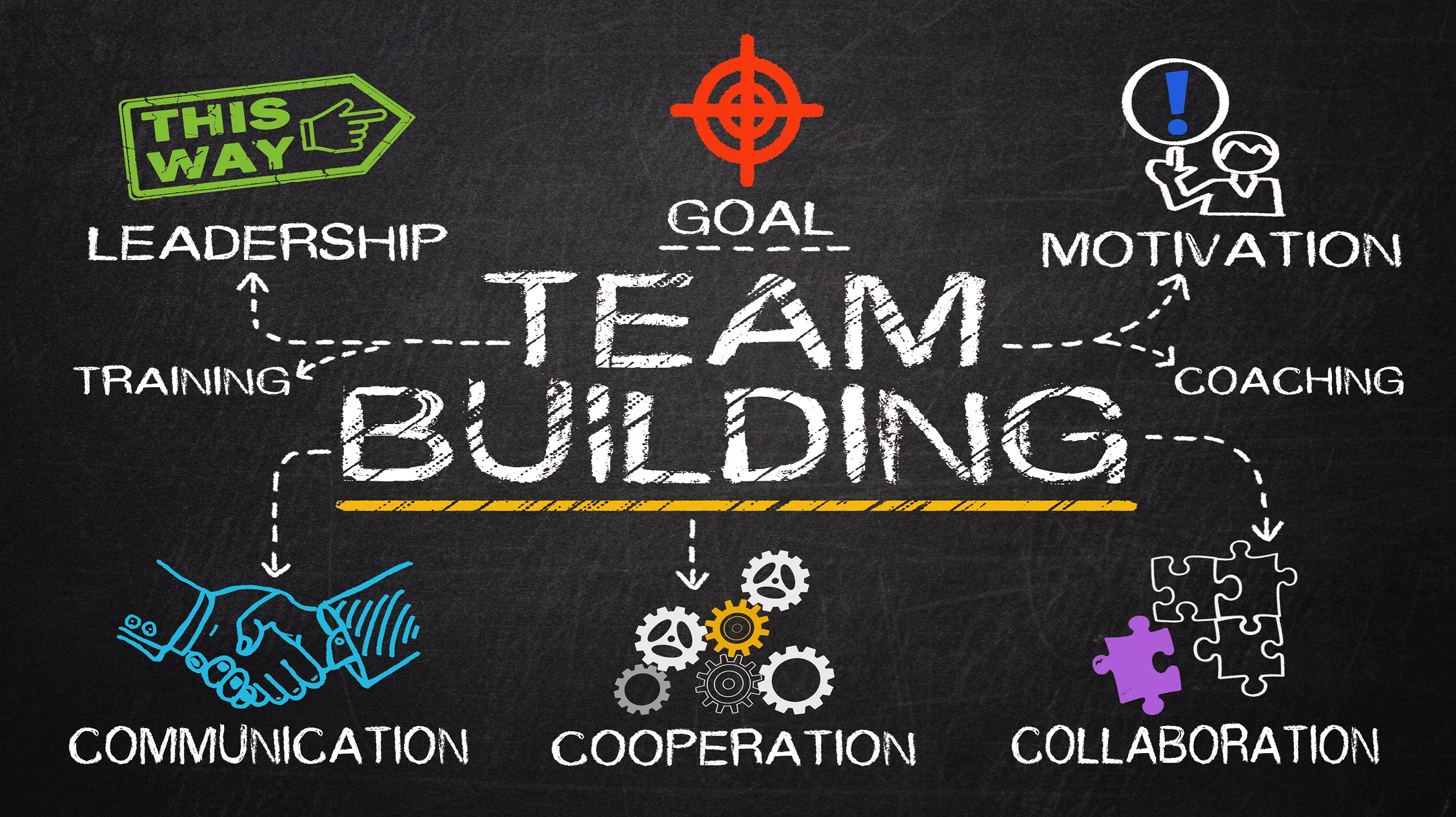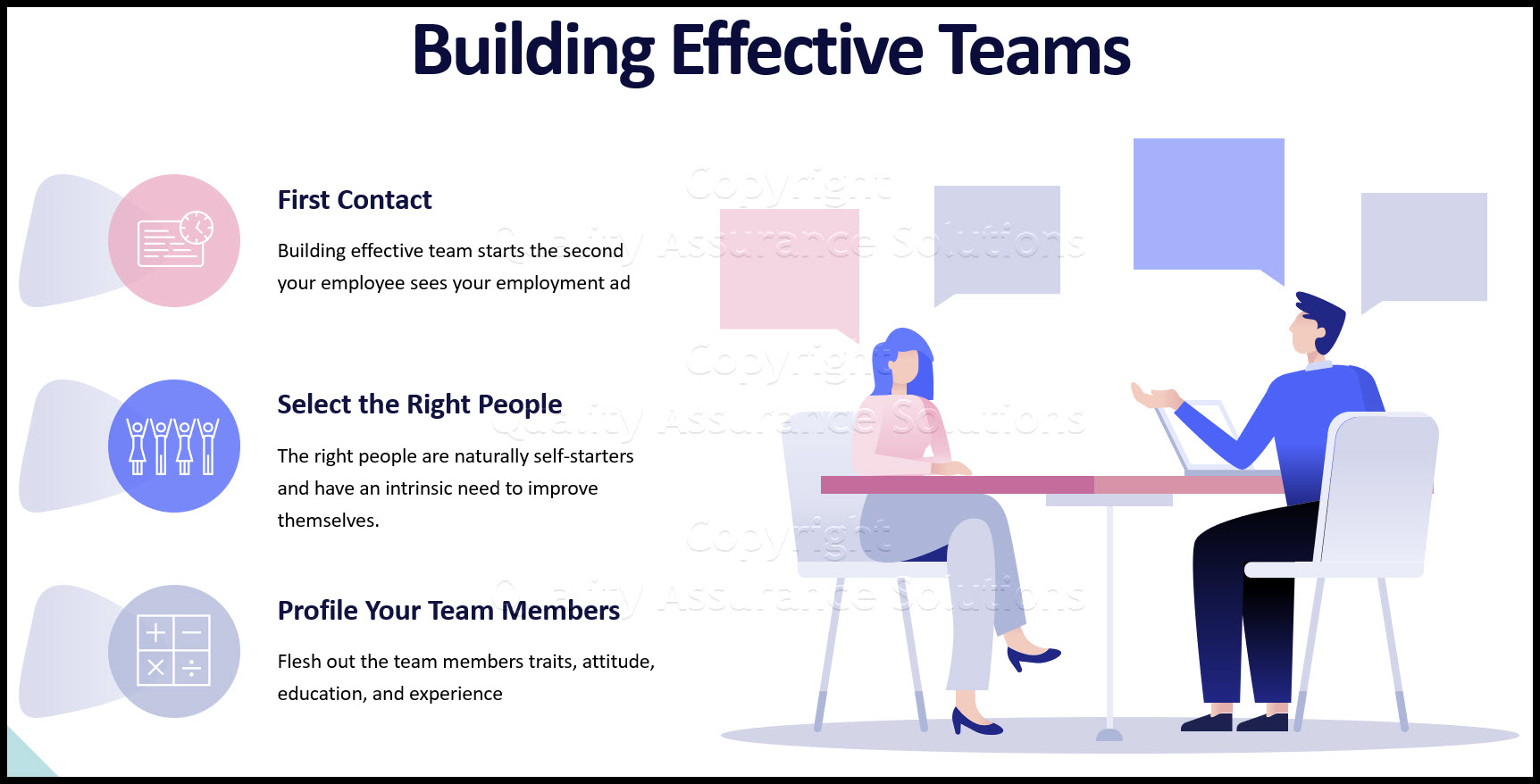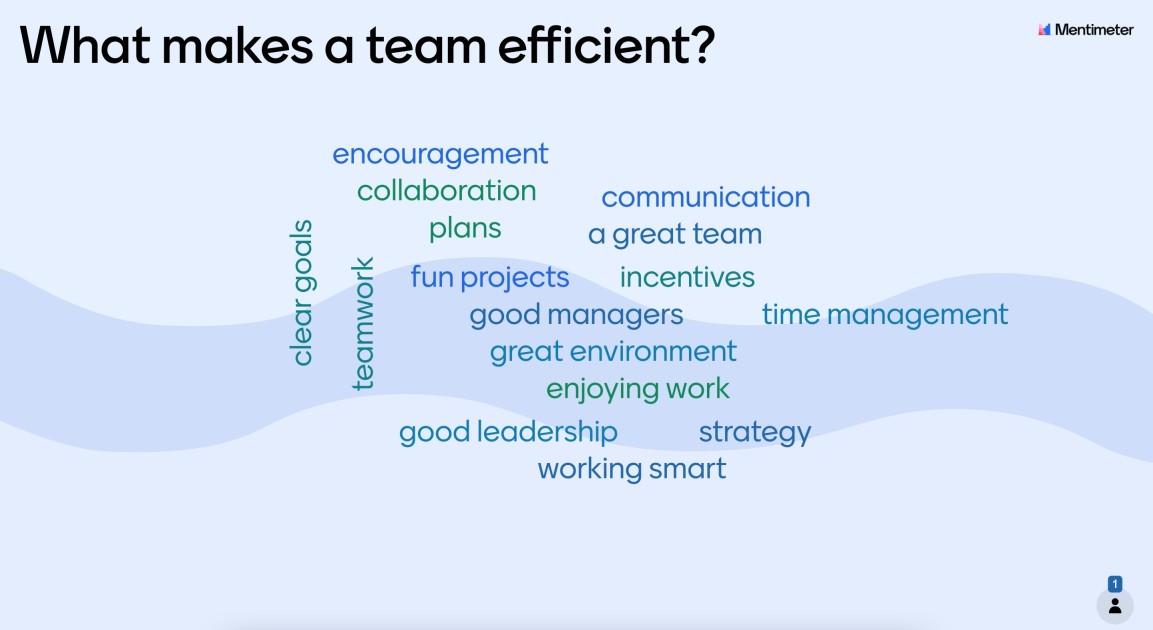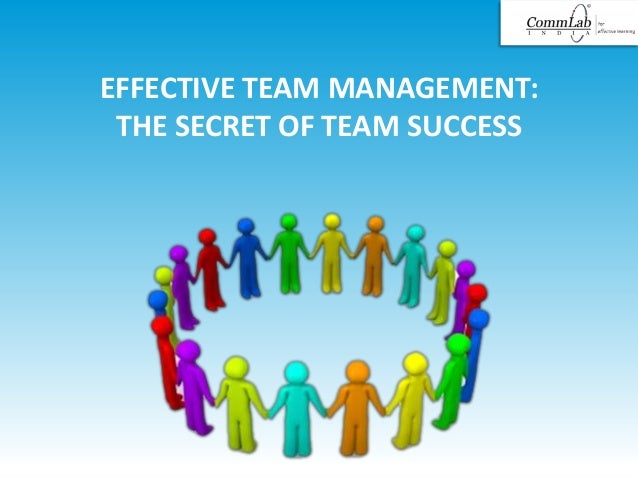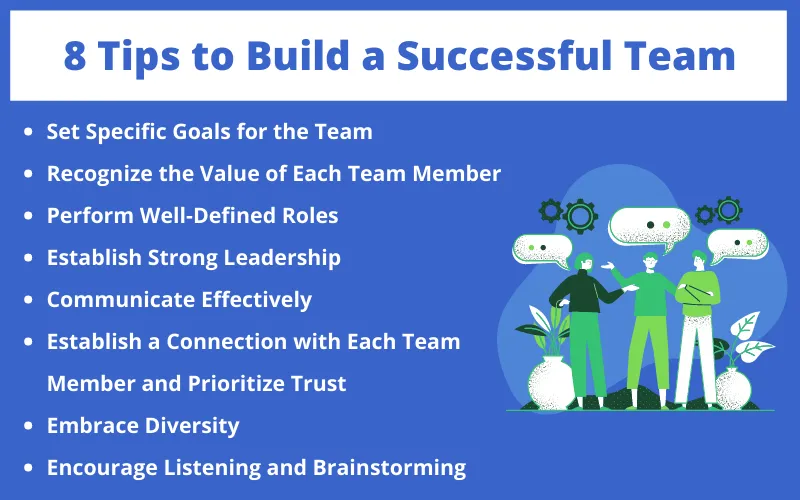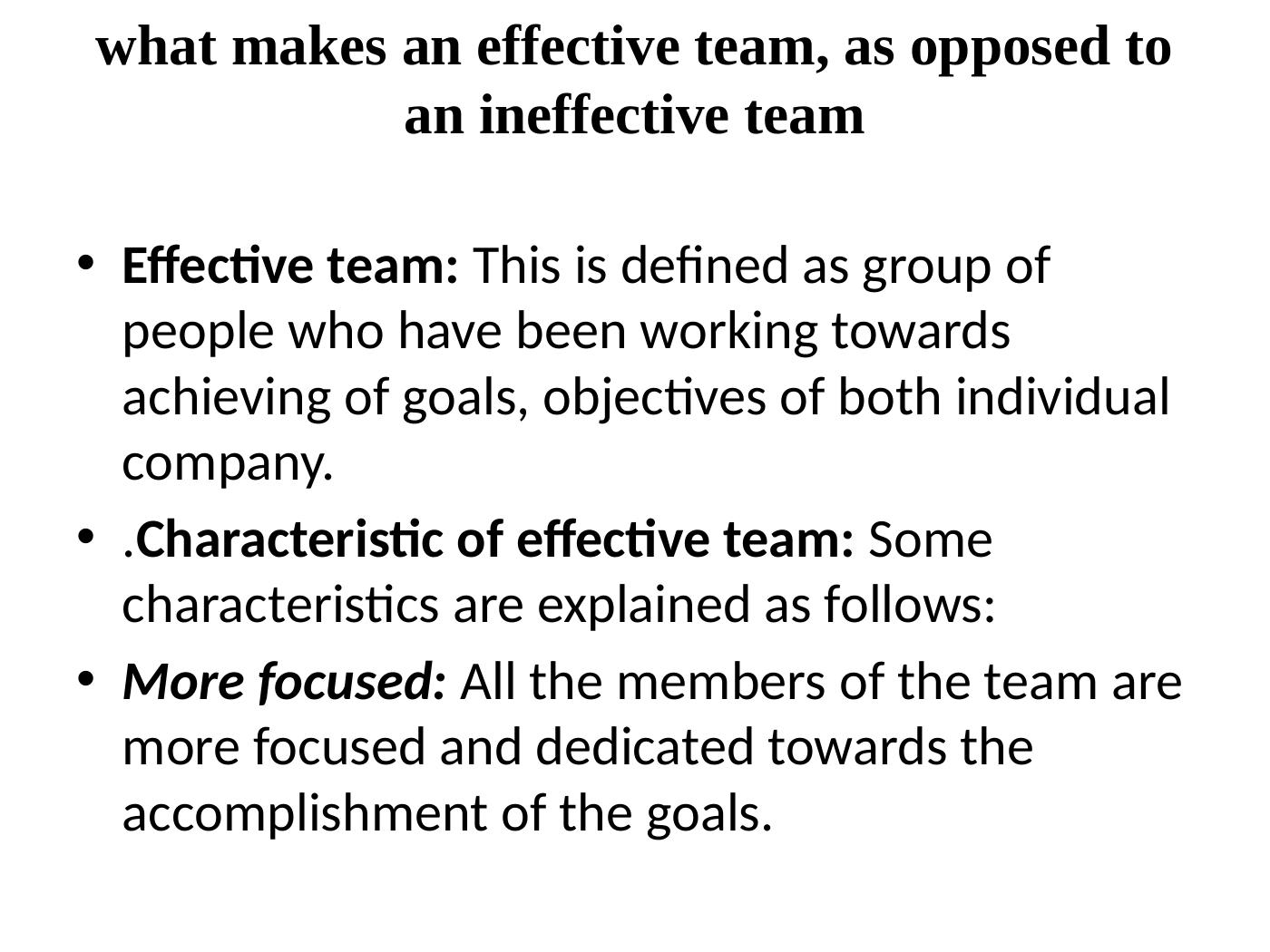What Makes A Business Team Effective
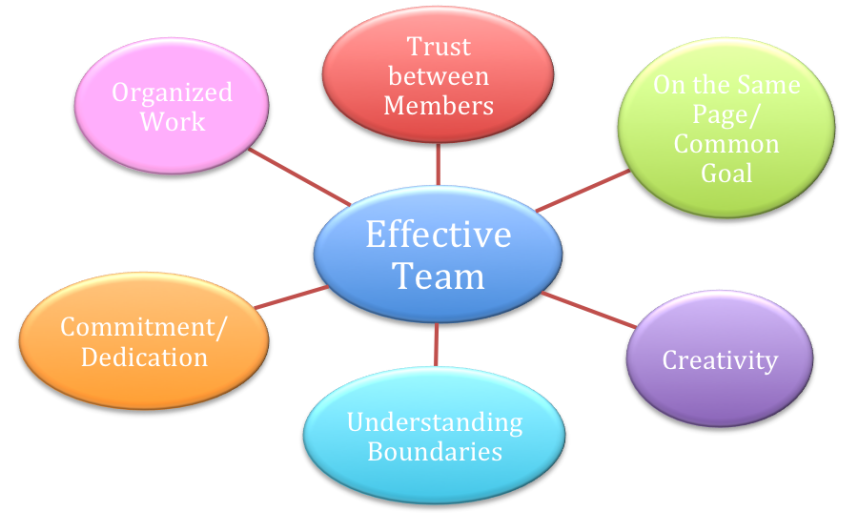
In today’s hyper-competitive business landscape, where innovation and agility are paramount, the effectiveness of a team can be the defining factor between success and failure. A high-performing team isn't just a collection of talented individuals; it's a synergistic unit where collaboration, communication, and shared purpose drive exceptional results. But what exactly are the ingredients that transform an average group into a powerhouse of productivity and innovation?
At the heart of every thriving business is the engine of effective teamwork. This article delves into the critical components that contribute to a high-performing team, exploring factors such as communication, leadership, diversity, and a shared understanding of goals. Drawing on expert insights and research, we'll examine how organizations can cultivate these elements to foster a collaborative and productive environment, ultimately boosting their bottom line and achieving sustainable growth.
Clear Communication: The Foundation of Collaboration
Effective communication is the bedrock upon which successful teams are built. According to a 2023 study by Gallup, employees who feel their opinions count are more likely to be engaged, leading to higher productivity and lower turnover.
This means fostering an environment where open dialogue is encouraged, feedback is welcomed, and team members feel comfortable expressing their ideas and concerns. Without this foundation, misunderstandings can fester, innovation stifled, and progress hampered.
Shared Goals and Objectives: A Unified Vision
A team cannot function effectively without a clearly defined and shared understanding of its goals and objectives. When every member is aligned on the 'why' and the 'what,' they are more likely to contribute their best efforts towards achieving the desired outcome.
Harvard Business Review emphasizes the importance of establishing SMART goals - Specific, Measurable, Achievable, Relevant, and Time-bound. This framework ensures that everyone is working towards the same targets, preventing fragmentation and maximizing efficiency.
Strong Leadership: Guiding the Way
Effective leadership is not about dictating tasks but about empowering team members, providing guidance, and fostering a culture of collaboration. A strong leader inspires trust, motivates individuals, and creates a supportive environment where everyone can thrive.
Research by the Center for Creative Leadership indicates that leaders who demonstrate empathy, integrity, and a commitment to their team's success are more likely to build high-performing teams. They act as facilitators, resolving conflicts, providing resources, and ensuring that everyone has the tools they need to succeed.
Embracing Diversity and Inclusion: A Wealth of Perspectives
A diverse team brings a wealth of perspectives, experiences, and ideas to the table, leading to more creative solutions and better decision-making. McKinsey & Company has consistently found a strong correlation between diversity and financial performance.
However, diversity alone is not enough; inclusion is crucial to ensure that every team member feels valued, respected, and empowered to contribute their unique talents. An inclusive environment fosters psychological safety, where individuals feel comfortable taking risks and sharing their thoughts without fear of judgment.
Conflict Resolution: Turning Disagreements into Opportunities
Conflict is inevitable in any team setting, but how it is managed can either strengthen or weaken the team's overall effectiveness. Rather than avoiding conflict, successful teams address it head-on, using it as an opportunity for growth and learning.
Effective conflict resolution involves active listening, empathy, and a willingness to find common ground. By embracing different perspectives and working collaboratively to find solutions, teams can turn disagreements into opportunities for innovation and improved performance.
Continuous Improvement: A Commitment to Growth
The most effective teams are those that are committed to continuous improvement. This means regularly evaluating their performance, identifying areas for improvement, and implementing strategies to enhance their effectiveness.
This involves encouraging feedback, embracing experimentation, and learning from both successes and failures. By fostering a culture of continuous learning, teams can adapt to changing circumstances and maintain a competitive edge.
The Future of Team Effectiveness
Looking ahead, the importance of team effectiveness will only continue to grow as businesses navigate an increasingly complex and dynamic environment. As remote work becomes more prevalent and global teams become more common, organizations will need to invest in tools and strategies that facilitate collaboration, communication, and trust across geographical boundaries.
Furthermore, developing emotional intelligence within teams will be critical, as the ability to understand and manage emotions is essential for building strong relationships and navigating challenging situations. By prioritizing these factors, businesses can create high-performing teams that are equipped to tackle any challenge and achieve exceptional results.
"Talent wins games, but teamwork and intelligence win championships." - Michael Jordan



